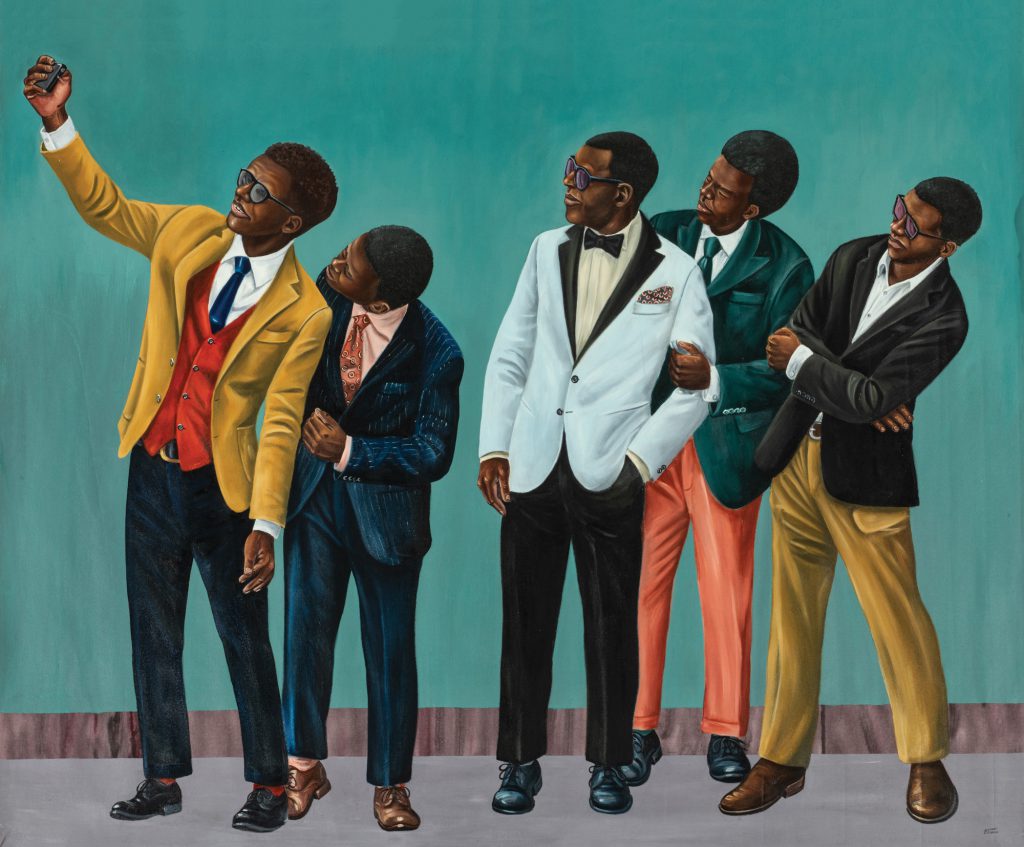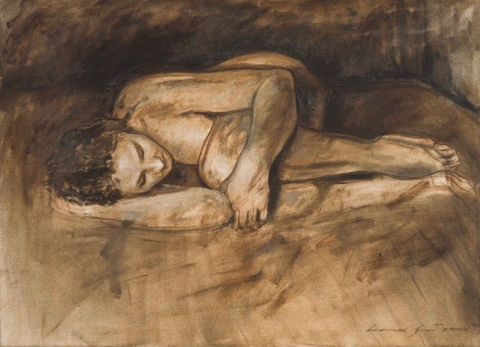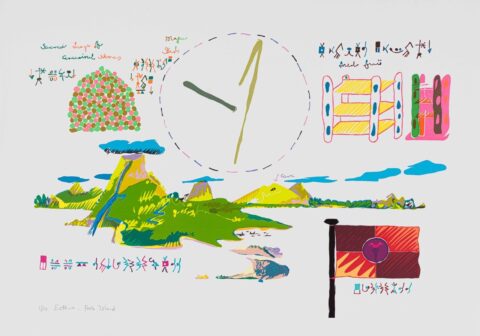BD Art
Sharing Knowledge
When entering the art world for the first time, many people have a sense of alienation because they feel as though they don’t know enough about art, what it means, what is “good” (and why), or why certain artworks fetch higher prices than others. Educational programmes at auction houses in South Africa teach collectors and patrons about the value of art above and beyond the financial system in which they operate. The knowledge that emerges from the auction houses has become increasingly academic, yet it is approached and delivered in an accessible way.
Auction houses perform many roles in the South African art industry. One of their prominent areas of focus is education and they have expanded their education programmes immensely. With every passing year, local auction houses are offering their clients and other interested parties access to prominent academics, lecturers, artists, and collectors who come to share their knowledge through lectures, talks, masterclasses, outreach programmes, and publications. Many of these events are free of charge, and much of the literature produced is available online and freely accessible.
Susie Goodman from Strauss & Co says that providing educational opportunities is one way of giving back to the art community, supporting the artists, buyers, sellers and the art community. She stresses that it makes the art world more accessible, demystifying the art, and empowering collectors. According to Goodman, “educated buyers make more informed decisions when they buy art”, this, in turn, supports the strength and sustainability of the art market. It’s also an opportunity to show art students how the secondary market works, and promote general art appreciation and understanding.
Strauss & Co offers many opportunities for learning, including museum-quality nonselling exhibitions with concomitant publications and talks; lectures and walkabouts during auction viewing; detailed texts in catalogues accompanying important works to provide context and additional information; a series of masterclasses; and affiliations with other art-related institutions. Strauss & Co is also involved in artist prizes and mentoring projects, as well as public lectures at external institutions such as DARTS. Goodman says that in 2019 well over 45 lectures were delivered in affiliation with Strauss & Co.
Stephan Welz & Co also believes strongly in a culture of knowledge and collaboration and regards sharing information and describing experiences to interested audiences as a pleasure and a privilege. Luke Crossley says that “it is only through sharing that a sustainable environment can be built and expanded, this is of benefit to everyone involved across the spectrum.” Knowledge-sharing is done through walkabouts or lectures from industry experts during auction weeks with the speakers encouraging curiosity and promoting accessibility.
When it comes to selecting works to write about in its auction catalogues, Stephan Welz & Co has set some criteria. Interesting stories behind an artwork, such as a fascinating provenance or history, are popular choices. Introducing works of lesser-known artists produces research for the readers and clients, where contextualising a work from a well-known artist can also be a motivating factor, and finally, when there is a particular technique or style to be explored through a work that will benefit from discussion.
Collections management is also a concern and auctioneers can help clients learn how to build a valuable collection. To manage a collection, Gustav Brand recommends their Porto Venere, a useful data management app for passion-based collectors. Documenting collections is just as important as education because it can help auction houses and other researchers in the future if artworks come to auction from private collections.
Aspire Art Auctions offers a large number of educational opportunities year-round. Lecture programmes, panel discussions, film screenings, and walkabouts happen alongside its auctions. Articles written by experts and art historians about the artworks in its catalogues are published and regular emails sharing research findings about interesting artworks are sent to subscribers.
James Sey of Aspire says that these “are offered as a crucial thought leadership programme to benefit the entire art-buying and art-loving public. Value in the art market derives not only from the assigned or achieved prices for individual works, but from the entire historical and critical apparatus, which underpins the understanding and appreciation of fine art. Helping collectors and art lovers understand and contextualise works of art is crucial for developing and sustaining value in the market.”
How to get involved in the action? Subscribe to the auction houses’ mailing lists online for informative emails, invitations to events, auction invitations, and follow them on social media for regular updates and to be involved in the art communities that form around them.






 Sign-up and receive the Business Media MAGS newsletter OR SA Mining newsletter straight to your inbox.
Sign-up and receive the Business Media MAGS newsletter OR SA Mining newsletter straight to your inbox.